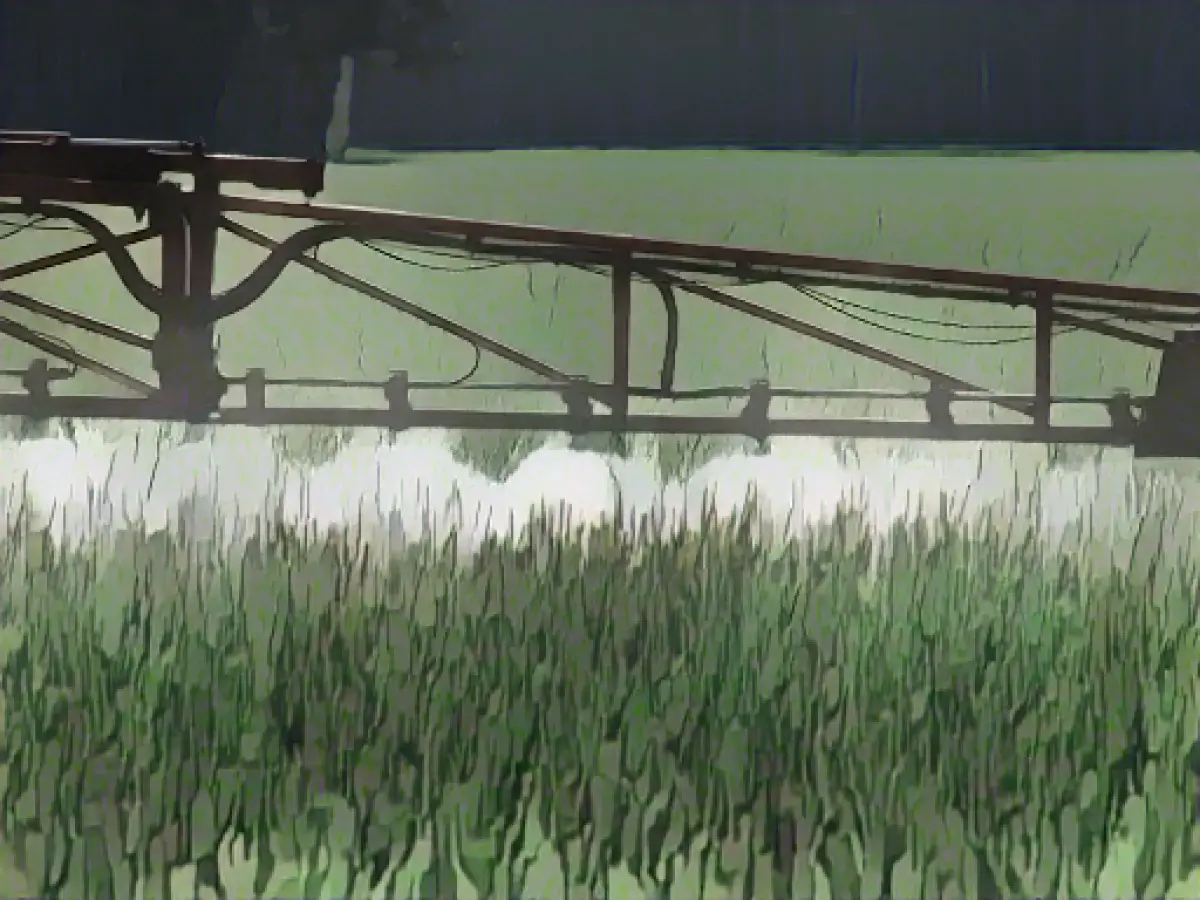EU Parliament rejects law for fewer pesticides
The plan to significantly reduce the use of herbicides and pesticides in the EU to protect the environment has failed in the European Parliament. In a vote on Wednesday in Strasbourg, there was no majority for a common position on the corresponding plans. A motion to renegotiate the law in the relevant committee was also rejected. The project is therefore on ice for the time being.
Farmers in the EU were actually supposed to significantly restrict the use of pesticides in the coming years. This was proposed by the EU Commission. Among other things, this was intended to combat the extinction of species. It is unlikely that the law will be implemented in the near future. Sarah Wiener, the MEP responsible for negotiating the law, spoke of a victory for the pesticide industry.
Some of the provisions went too far for the Christian Democrats, among others - they criticized bans on farmers, for example. Social Democrat MEP Delara Burkhardt, on the other hand, rejected a watered-down proposal because she wanted stricter rules for farmers. CDU MEP Peter Liese said after the vote that there was now a chance to develop a sensible concept in the next legislative period. EU elections are due next summer.
Green MEP Jutta Paulus spoke of a law that had been torn apart beyond recognition. It was a black day for agriculture. Her FDP colleague Jan-Christoph Oetjen took a completely different view. He welcomed the fact that the "disastrous ban proposals" had not found a majority.
- Despite the EU Parliament's rejection of the environmental policy aimed at reducing pesticide use in agriculture, EU Commission's proposal to restrict pesticides was intended to address concerns about chemical contamination in the environment and the risk of pesticides contributing to the extinction of various species.
- Some environmental groups and MEPs, such as Sarah Wiener from the Greens, have criticized the rejection as a victory for the pesticide industry, as this decision may delay the implementation of stricter regulations on the use of harmful chemicals like pesticides in farming practices.
Source: www.dpa.com








